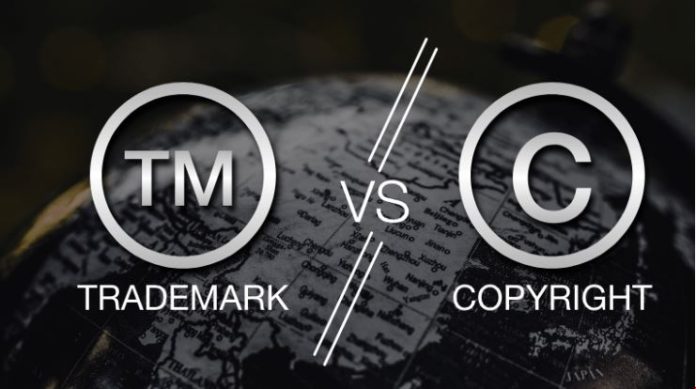A large number of business owners are not aware of their company’s most valuable asset. The success and reputation of their company are solely dependent on their brand name. Every industry has high competition, also customers have become highly brand conscious. Trademarks and copyright have become a major part of influencing the purchase decisions of customers. Understanding the value and preferences of trademarks and copyright has become important for businesses, startups, and creative people. In this article, we will elaborate on the major differences between these intellectual property rights along with their significance.
How are these intellectual property rights useful in your business?
When it comes to your business, intellectual property and brand identity can be just as significant as money. You could question, for instance, how your business would be impacted if someone began endorsing a product using the name and emblem of your company without your consent. Thanks to the provision of intellectual property rights like copyrights and trademarks. With this, you get authority to protect your business, you get authority to file cases against those who are using your intellectual property without your permission.
Here we explain the difference between copyright and trademarks to let you understand which is applicable to your business.
Trademark:
A trademark is anything that is used in the business of selling goods or offering services, including a symbol, logo, design, word, phrase, color, sound, or a combination of these. It analyzed the source of the goods, and services and keeps them apart from those offered by others. It offers the right to use a trademark only in connection with the good or service.
Copyright:
Copyright is another weapon used to safeguard intellectual property, which typically takes the form of written works, musical compositions, visual arts such as paintings or sculptures, books of poetry, films, etc.
Also Read: What are fundamental rights under the Constitution of India?
It gives a work’s originator the sole authority to specifically copy, reproduce, or publish the work for monetary gain or other purposes. The copyright is not particularly required to be registered.
Copyright vs trademark explanation under major differentiating points
Target objects
While copyright protects literary, dramatic, and musical works, a trademark serves as protection for a trade name, corporation brand name, label, tagline, and domain name.
Differences in terms of purpose
While copyrights give exclusive use and distribution rights, the aim of using a trademark is to maintain the mark’s exclusivity for a company’s goods or services in the market.
In terms of benefits
The main objective of the trademark is to build the brand and foster customer trust while prohibiting other businesses from using comparable marks or texts in their branding. Contrarily, copyright bans anyone other than the original creator from copying or selling the work, whether online or off.
Also Read: Property rights of women under Hindu Law in India
In terms of exclusivity
A trademark can be used to both grant and maintain exclusivity for goods and services. While the author of the piece is free to profit financially from their copyright-protected creation.
In terms of Recognition
In the minds of clients, a trademark conveys a sense of belonging to the product or service. Customers can presume the service or product quality based on the brand value when they are familiar with the brand. Contrarily, copyright acknowledges the work’s original elements.
Also Read: What important rights every private employee in India should know?
Identification symbol and validity
After registration, the trademarked good, brand, or service is allowed to use the ® sign. While the copyrighted original works are protected by the emblem. Registration is not required but does serve as proof of originality.
The ten-year trademark registration can be renewed to extend its protection against infringement. Contrarily, copyright is permanent. The duration of a copyright for a single owner is equal to the author’s lifetime plus 60 years. Copyright may be in effect for up to 60 years after publication for a non-individual owner.


